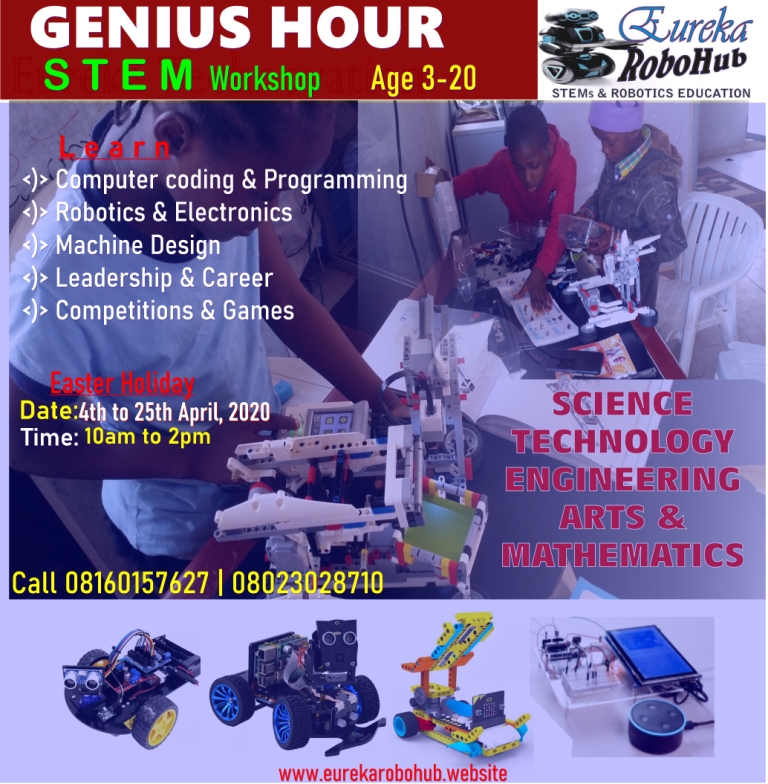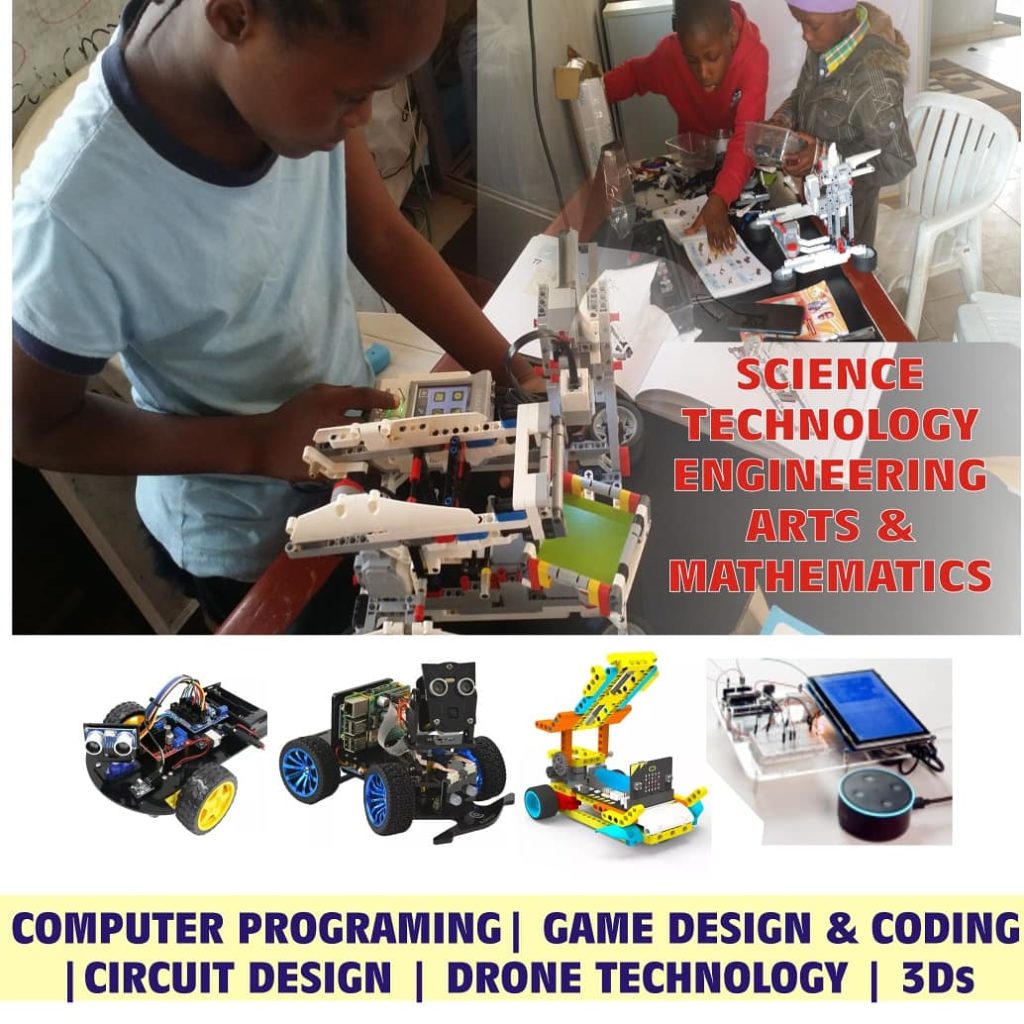Five-Step Plan to Gain Experience through Volunteering
Whether you are starting out or thinking of a career switch, the one thing that can hold you back when it comes to nailing that interview or thriving in a new role is lack of experience. Because although you have the smarts, the skills, the know-how – it is quite another thing to deliver the goods in the oftentimes high-pressure environment of the workplace when others are looking to you to make it work.But without getting your first tech job, how do you get the experience you need? There are all sorts of ways of gaining the experience you need in order to qualify for entry-level tech positions.In this article, we are going to focus on: volunteering.Volunteering can help you apply your current skills set and acquire a bunch of news competencies – not to mention open doors to new sectors, organizations, roles, and responsibilities. Volunteering Your Way to Success Step One A great place to start is by asking yourself a basic question: What kind of skills and experience do you need to develop in order to move into the kind of dream job you have in mind? Take a good look at your profile and do a bit of analysis to figure out what you would like to build up. Step Two Identify the kind of volunteering project that will help you gain experience and showcase your skills. You might want to look up multiple job descriptions for the type of job you eventually want to apply for – look at the experience needed. Then brainstorm ideas on how to gain that type of experience. For example, say you have got some solid tech skills in problem solving and developing networks with firewalls. Your logical next step is to find an organization or charity with a need that matches your goal. Find a charity local to you that needs to set up a network; one that has network issues; or that needs to set up a secure network or smart security system. Step Three Take some time to really research non-profits and charitable organizations in your area or within your professional network, and focus in on those that are less established and that might have greater need of volunteers. Narrow it down to a couple that resonate with you – ones that genuinely match your interests, availability, and your goals. You are better off in the longer term taking time to find the right match than investing time and effort in a position or organization that is a poor fit.Once you have created a list of options, then you need to find out who to speak to, understand what their needs are, and ask how you could help.Be ready to give your pitch on how you are the person to help them solve their tech needs. You will need to be able to explain what you skills are; make sure you do not try to do a project that you have zero knowledge about. You should take each volunteer opportunity as seriously as you would a paying job. Step Four This step is all about planning. Because once you have identified your needs, identified your opportunity, and gotten a clear sense of the needs of your target organization, you are going to need a plan to pull it all together. That means the end goal of your project; its scope; deliverables from you (including how much time you are going to be spending working), timelines, and budget.Treat your volunteering opportunity just the same as you would treat a regular work project. And be prepared to submit your plan as a proposal to the volunteer coordinator– and be flexible enough to make any suggested modifications. Step Five Of course, your professional end goal is to gain the experience you need to take the next step in your career. So part of your plan needs to include how you will showcase your work. Your final step is to document everything you do as a volunteer. The goals, the processes, the learnings, – and don’t forget to secure some references from the executive suite of your organization.Be sure to add this experience to your resume and your LinkedIn profile.Experience is there to be gained – and you may be able to make a genuine and important contribution while doing so. Giving back might just be the best way of moving forward. Source: Cisco Networking Academy
Five-Step Plan to Gain Experience through Volunteering Read More »




